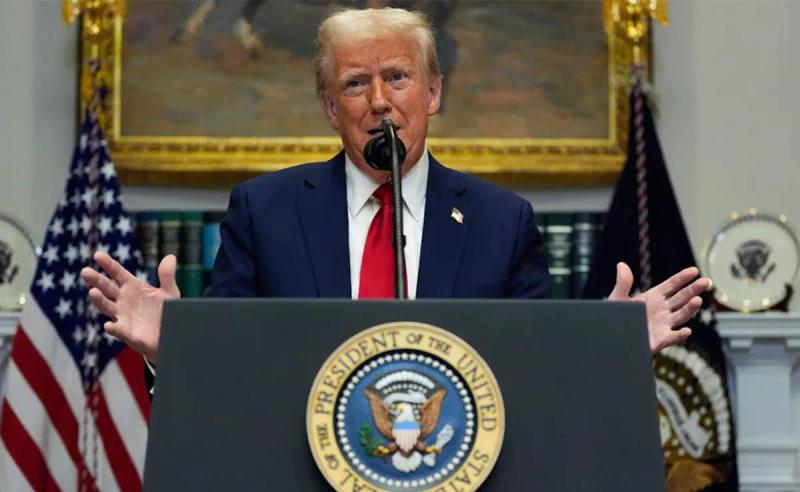A U.S. government shutdown occurs when Congress fails to pass sufficient funding legislation or the President does not sign it, resulting in the closure of non-essential federal operations. This typically happens at the end of a fiscal year when appropriations bills are not enacted. Essential services, like national security and public safety, continue to operate.
Impact on Financial Markets
1. Market Volatility: Government shutdowns often introduce uncertainty, leading to increased market volatility. Investors may become cautious, causing fluctuations in stock prices. For example, during the 2013 shutdown, the S&P 500 experienced volatility, though overall market decline was moderate.
2. Investor Sentiment: Prolonged shutdowns can impact investor confidence, as they raise concerns about political dysfunction and its implications for economic growth. A lack of resolution may lead to decreased consumer and business confidence.
3. Delay in Economic Data: Agencies that provide vital economic data, such as the Bureau of Labor Statistics, may halt operations, delaying important reports like employment figures. This absence of data can create uncertainties for traders and policy decisions.
4. Bond Market Reactions: Treasuries might experience varying demand dynamics. While some investors may seek the relative safety of government bonds, others may worry about delayed interest payments, affecting Treasury yields.
5. Sector-Specific Impacts: Certain sectors reliant on government contracts or approvals, such as defense contractors or healthcare providers, may face revenue disruptions, impacting their stock performance.

Tips for Traders and Investors
1. Diversification: Maintain a diversified portfolio to mitigate risks associated with sector-specific impacts. Diversification can help cushion against volatility in any single asset class.
2. Monitoring Developments: Stay informed about developments in Washington, D.C., as news regarding negotiations can significantly affect market sentiment and decision-making.
3. Focus on Fundamentals: Despite short-term volatility, long-term investors should focus on fundamental analysis rather than making decisions based solely on market reactions to political events.
4. Opportunities in Volatility: Traders with a higher risk tolerance might explore opportunities arising from volatility, such as options trading strategies or short-term trades, while exercising caution due to potential rapid price swings.
5. Liquidity Management: Ensure sufficient liquidity in your portfolio to withstand short-term market downturns without needing to liquidate holdings at unfavorable prices.
6. Consultation with Financial Advisors: During uncertain times, consulting with financial advisors can provide personalized strategies aligned with your risk tolerance and investment goals.
In summary, while U.S. government shutdowns can disrupt financial markets and create temporary volatility, adopting a strategic approach focused on diversification, staying informed, and maintaining a long-term perspective can help traders and investors navigate these challenges effectively.
The US Government has been shut down for 16 days as of October 16, 2025.
How long will this last?
Join the Sniper Team and take your trading to the next level! Stock Sniper Trading

